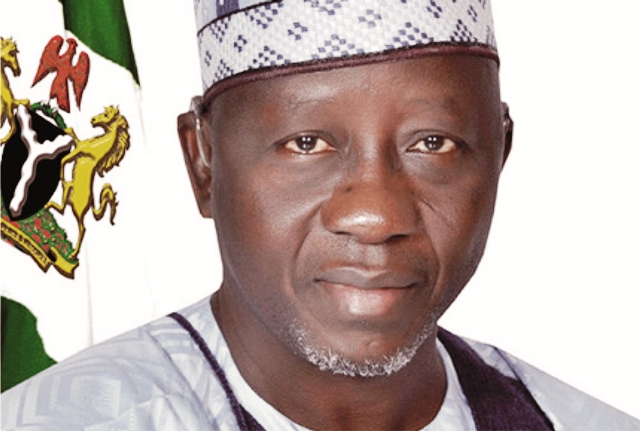Business
Accept 50% Salary Slash In Good Faith – Al-Makura

Governor Umaru Al-
Makura of Nasarawa State, on Friday urged civil servants in the state to accept the 50 per cent cut in their salaries “in good faith.”
The governor made the appeal in Lafia in his speech at the commencement of sale of 150 metric tons of fertilisers at subsidised rates to farmers in the state.
He urged the striking workers to go back to work and suspend their strike “in the interest of the state.”
Workers in the state had embarked on the strike in protest against the decision of the government to cut the salaries of public officers and civil servants by 50 per cent across the board.
The governor, however, stated that the 50 per cent slash in salaries is “a sacrifice every one needed to make.”
He added that the sacrifice had become imperative in view of dwindling revenue accruing to the coffers of the state.
Al-Makura explained that despite the drop in its resources, government decided to subsidise the price of fertilizers sold to farmers at N3,000 per bag.
He said that the gesture was intended to boost farming in the state in line with federal government’s drive to diversify the economy and reduce dependence on revenue from sale of crude oil.
“We would continue to support farming activities in the state to enrich our farmers by supplying them with fertilizers and other farm inputs at subsidised rate.
“We are more than ever before determined as a government to invest in other sectors of the economy given the current problems that have bedeviled the entire country.
“This is a moment of sober reflection as a nation, hence our resolve to continue to subsidise farm inputs for farmers in order to guaranty better and quality live for the people in the state,” the governor said.
Responding on behalf of the farmers, Mauzu Ishaq, Nasarawa State Chairman, All Farmers Association of Nigeria (AFAN), expressed gratitude to the government for supporting farmers in the state.
He appealed to the government to facilitate and encourage mechanized farming by reintroducing tractors hiring unit in the state Ministry of Agriculture for easy access to farmers.
“Most farmers in the state are so poor that they cannot afford to buy their own tractors, hence the need for the government to reintroduce the scheme,” Ishaq said.

